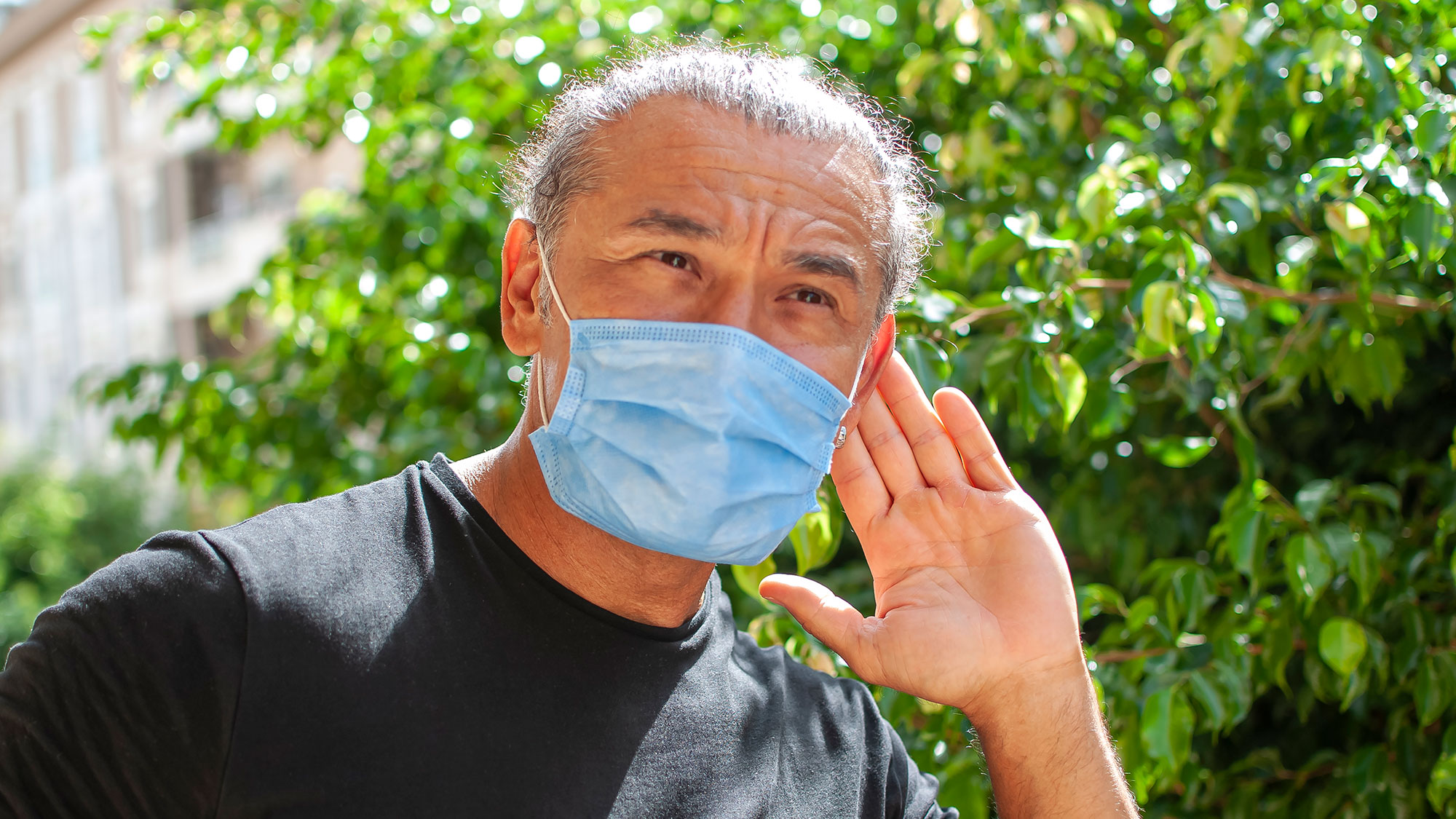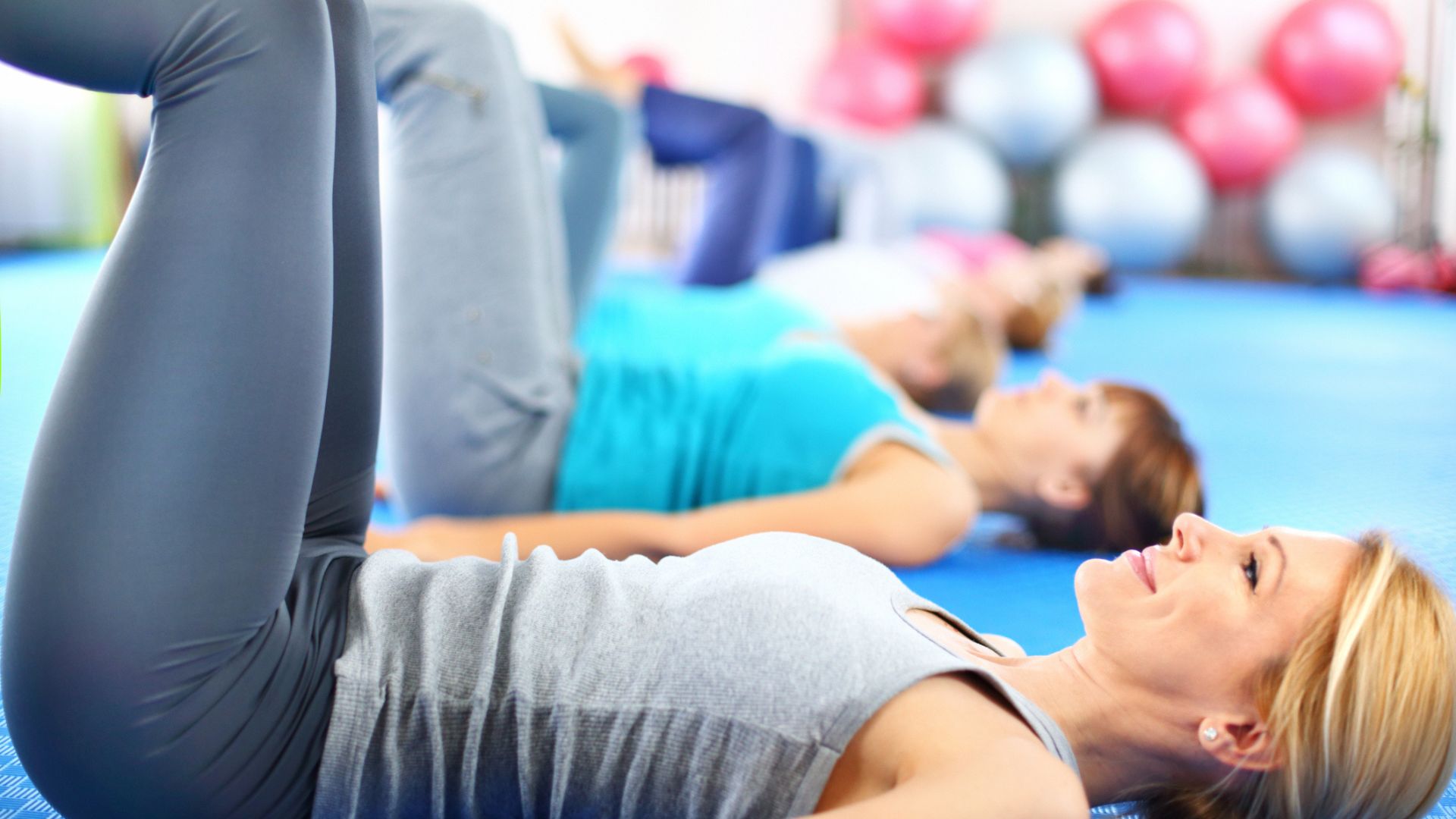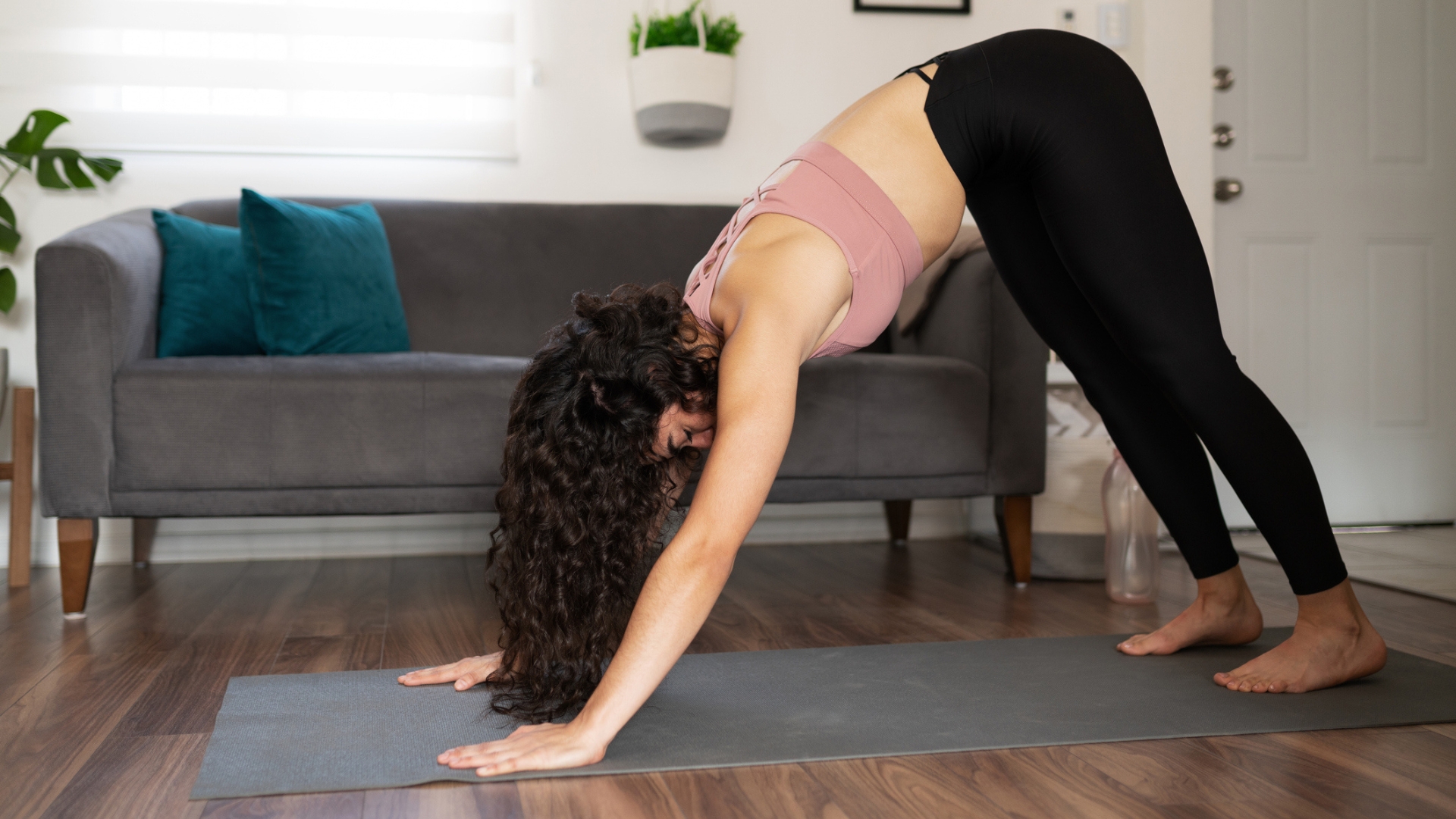Revealed: How Covid-19 has accelerated hearing loss issues
For many, the coronavirus pandemic has exasperated hearing problems - or else highlighted there's an issue at all


Covid-19 has affected all our lives - some more than others. And in recent months, the impact of the virus in relation to hearing loss has been revealed.
They include studies that link coronavirus with having impacts on people's hearing, whilst recent data also reveals the ways in which changes such as the wearing of masks have affected those who struggle with their hearing and rely on lip reading to get by day to day.
Research from The University of Manchester and Manchester Biomedical Research Centre shows that nearly 15 per cent of Coronavirus patients suffered tinnitus and almost 8 per cent suffered hearing loss.
Paul Jackson, head of audiology services for Bayfields Opticians and Audiologists, explains: “Though having problems with your hearing has been discounted as a symptom of Covid-19, new research suggests it could be a long-lasting after-effect for those who’ve suffered with the virus.”
Meanwhile, the now widespread use of masks as a barrier against spreading the virus, is having serious ramifications for many people affected by hearing issues.
"Hearing problems could be a long-lasting after-effect of Covid-19"
Paul Jackson, audiologist
Recent statistics released by Olive Union, makers of next generation hearing devices, show that 63 per cent of US adults have found themselves struggling to hear or engage in conversation while wearing a mask during the pandemic. This stat is notably higher than the 15 per cent of US adults affected by hearing loss to begin with, a strong marker that this issue extends further than the hearing loss community.
In fact, 1 in 5 people rely on lip reading and the wearing of masks in public places is making it impossible for them to communicate and get back to any kind of ‘normal’.
Get the Fit&Well Newsletter
Start your week with achievable workout ideas, health tips and wellbeing advice in your inbox.
Amy Morton, a deaf mother of two, who works with Living with Hearing Loss says it’s an unexpected and devastating effect of Covid: “One of the main issues is that staff are unaware that they are allowed to temporarily remove masks to converse with those who lip read. This is to be done at a safe distance, or behind a screen, but it simply means we can order a coffee, or get our nails done, just like anyone else.
“I’ve recently been into many large chains, and with people refusing to lower a mask, it makes it impossible for me to do what I set out to do there. Before Covid-19, I never saw my hearing loss as a disability, but now I do.”
Of course, hearing loss is not always as obvious as we think, and research shows that people often put off seeking help. Paul says: “Some general indicators that your hearing has recently deteriorated is a sudden need to have the TV on louder, or if your relatives tell you they are having to shout for you to hear them.
“Tinnitus, on the other hand, is when a person experiences a sound in their ears or head where there is no external sound present. For many, it’s a high-pitched ringing or whistling sound, but it can vary in frequency; if, alternatively, you hear a constant, low hum in your ears – similar to a car engine running – this is also indicative of tinnitus.”
If the pandemic - which, despite the roll-out of vaccination programs, is still very much a global health emergency - has affected hearing loss in these ways, could it be detrimental to your long-term hearing and mental health?
Farah Kiani, audiologist at Hidden Hearing believes it could: “If you have hearing loss and don’t get it assessed, there can be some serious consequences - everyday communication becomes challenging and loneliness and social isolation can quickly follow. Studies have shown links between hearing loss and depression, as well as hearing loss and dementia.”
63 per cent of US adults have struggled to hear while wearing a mask during the pandemic
Olive Union survey
If you’ve noticed any of these, it’s important to see professional help. An easy first step could be to take a hearing test, which can be done in-store or online. The next step would be to speak to a healthcare professional in order to assess the situation and possibly investigate hearing devices.
However, prevention is always the key, says Farah. “You can protect your ears by following the 60/60 rule - listening with headphones at no more than 60% volume for no more than 60 minutes a day. If you’re attending loud events, wear earplugs and give your ears time to recover afterwards.
She also advises avoiding the use of cotton swabs to help protect your hearing. “The ears are self-cleaning organs and wax stops dust and other harmful particles from entering the canal," she says. "Plus, inserting anything in your ear canals risk damaging sensitive organs like your eardrum.”
Paul also reiterates that anyone worried about the impact Coronavirus might have had on their hearing should seek out professional help.
“If you’ve had Covid-19 and can’t hear quite as well as you did before, booking a test will help determine what steps can be taken to protect it in the longer term. Additionally, we’ll be able to assess whether your hearing issues are being caused by something else entirely – such as a build up of wax."
Meanwhile, when it comes to those who rely on lip reading and hearing aids, we should all be mindful of assessing whether someone would benefit from us removing our masks to talk to them – provided, of course, we do it safely and socially distances where we can.
Sarah is a freelance journalist who writes about fitness and wellbeing for the BBC, Woman&Home and Tech Radar. During lockdown she found her love of running outside again and now attempts to run around 50 miles a month. When it comes to other fitness, she loves a sweaty cardio session – although since she’s been working out from home she’s sure her downstairs neighbors aren’t too happy about it. She also loves to challenge herself - and has signed up to do hiking holidays, intense bootcamps and last year she went on her dream activity holiday: paddle boarding around deserted islands in Croatia. On her rest days, she loves to recover with a simple yoga flow session – the perfect antidote to her active fitness schedule.
-
 A Pilates instructor says this is the beginner-friendly core exercise everyone should try
A Pilates instructor says this is the beginner-friendly core exercise everyone should tryForget crunches, this is the perfect foundation move
By Alice Porter Published
-
 Prevent poor posture and release tension from sitting down with these four simple stretches from a yoga instructor
Prevent poor posture and release tension from sitting down with these four simple stretches from a yoga instructorThe daily poses he swears by, no matter what
By Alice Porter Published
